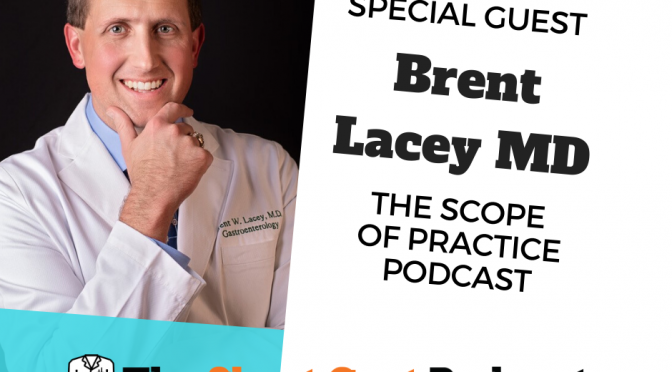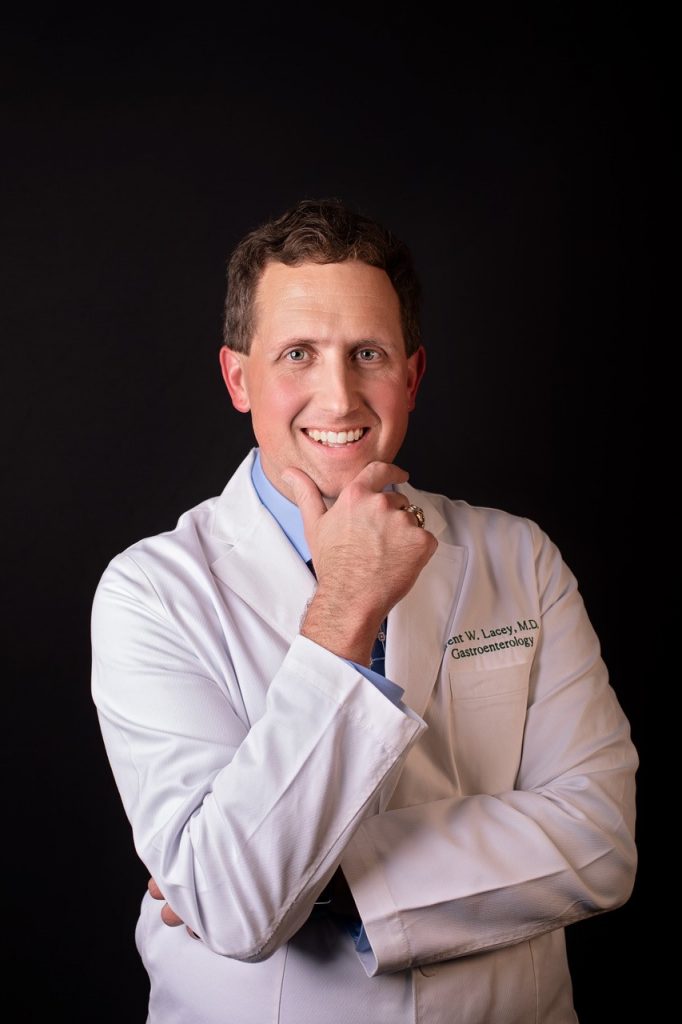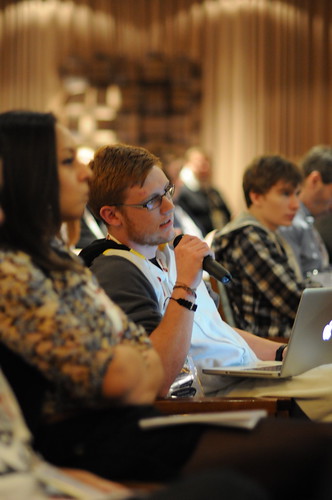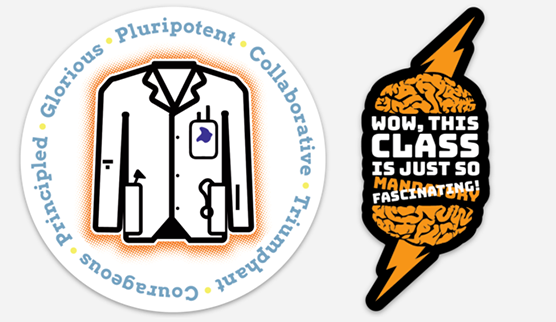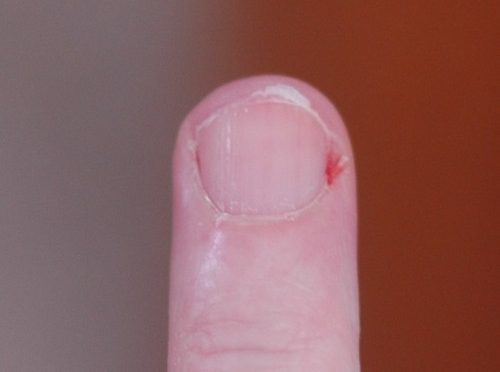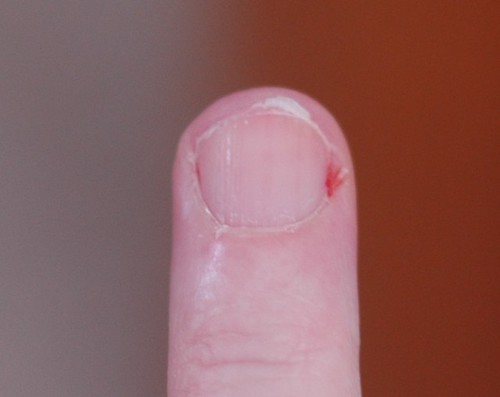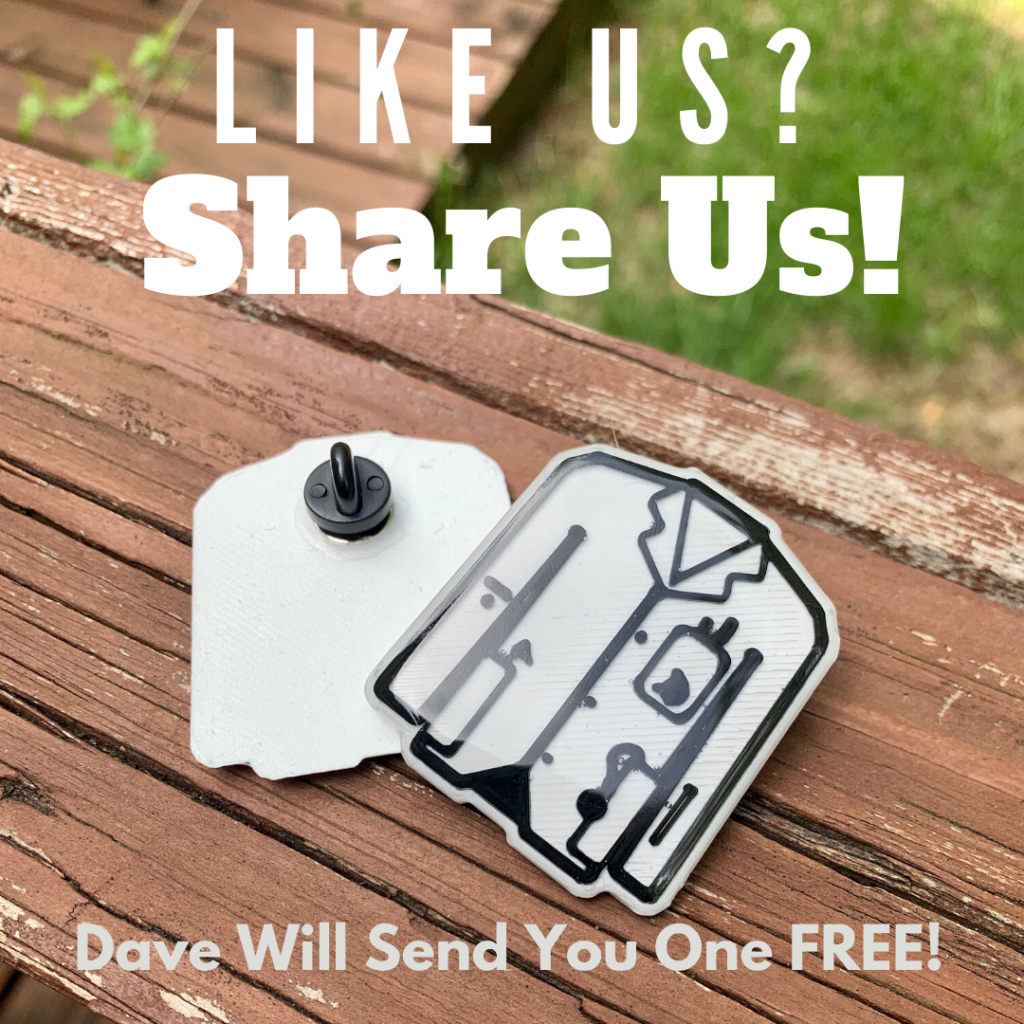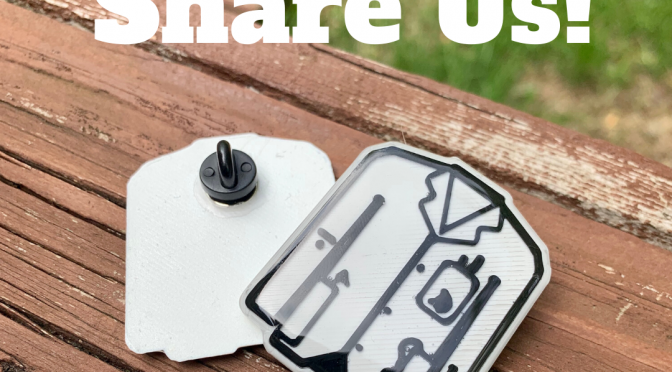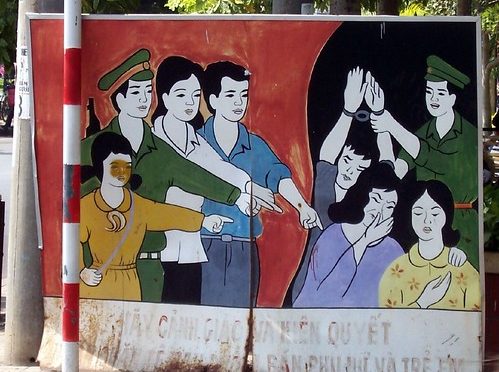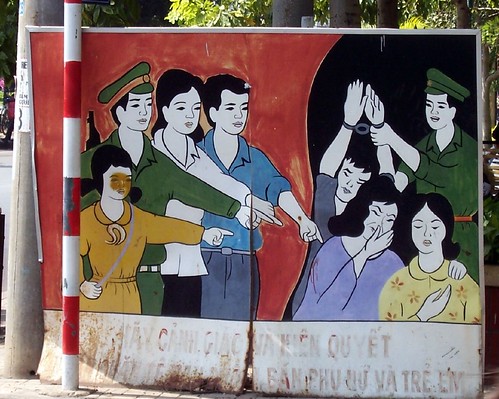Podcast: Play in new window | Download (Duration: 29:46 — 40.9MB)
Subscribe: Spotify | RSS | More
No doubt about it, this road to becoming a physician has financial risks


It feels risky to go to medical school, and for someone with a young family, like our listener who sent us their question to theshortcoats@gmail.com, those risks can feel existential. After all, if things don’t go as planned, the financial payoff of this calling might not be realized and the debt would be crippling. And Dave, as an inveterate catastrophizer, has sympathy for that worry. But is it the right way to be thinking about this endeavor? Brandon Bacalzo, Mariam Mansour, Levi Endelman and co-host newb Elias Kovoor are here to tell you why it can be better to go for it without fear. (We have done other episodes that focus on the concerns of parenting in medical school from a mom’s perspective and from a dad’s).
Another listener question (Dave forgot to make up names for these anonymous submissions) asks, how the heck are you supposed to “do the research” when looking for a medical school? We have some good suggestions for that, too.
And Dave, aware the his med student friends are always looking to save money at the grocery store, puts together a taste test–can the co-hosts distinguish between store vs. national brands, and which do they think is better?
We Want to Hear From You
Any responses to the stuff we talked about? Call us at 347-SHORTCT anytime, or email theshortcoats@gmail.com. Do all three!




